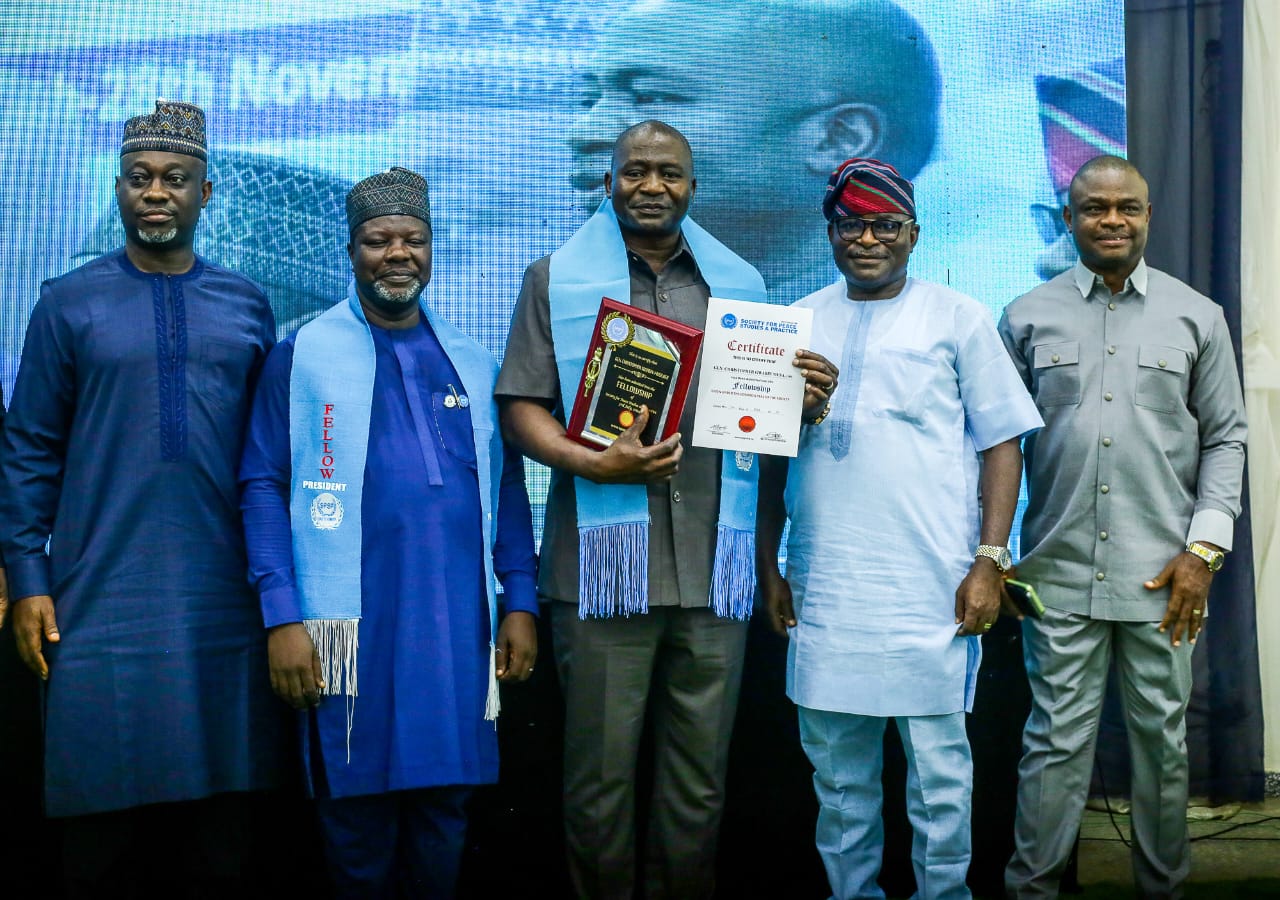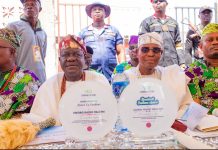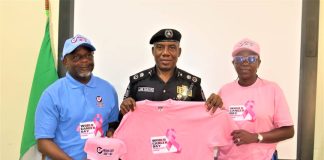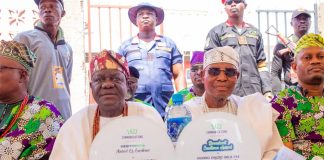The President of the Society for Peace Studies and Practice, Nathaniel Msen Awuapila, has renewed calls for stronger collaboration between the Federal Government and peace practitioners as Nigeria continues to grapple with escalating security challenges. He delivered this message at the opening of the 19th International Annual Conference and General Assembly of SPSP, held at the Abiola Ajimobi Resource Centre, University of Ibadan.
The four-day gathering, themed Economic Challenges and the Tasks of Building Sustainable Peace in a Globalised World, drew national and international attention to the widening link between economic pressures and insecurity in Nigeria. Awuapila stressed that the country’s security problems have grown too complex for fragmented solutions and require a coordinated response that integrates government, communities, academics, civil society and practitioners.
He noted that while the government has adopted an All-of-Government style in governance, the nature of Nigeria’s prolonged insecurity demands a more comprehensive All-of-Nation approach. Central to his concerns is Nigeria’s lack of a national peace policy framework, despite being 65 years post-independence. Although a national peace policy was drafted over 15 years ago, it still sits idle and unadopted. Awuapila argued that this policy vacuum continues to slow down national efforts, leaving peace initiatives reactive, inconsistent and unable to match the scale of today’s threats.
He emphasized the need for the Federal Government to adopt a modern peace architecture that aligns institutions, experts, security agencies and local communities toward a unified peace agenda. According to him, Nigeria can only achieve lasting stability when all key actors operate under a coherent national blueprint.
Reflecting on SPSP’s nearly two decades of work, he highlighted the organisation’s contributions in research, dialogue facilitation, community engagement and policy support. He noted that these capacities position the society as a crucial partner in rebuilding trust among communities, strengthening resilience and supporting the government with evidence driven strategies.
The event attracted distinguished figures from across the country, including former military chiefs, university leaders, policymakers, security administrators and government representatives. Their presence underscored the urgency of addressing the interconnected challenges of economic strain and national insecurity. One major feature of the ceremony was the induction of forty new Fellows of the Society for Peace Studies and Practice. Drawn from academia, security institutions, government agencies and humanitarian sectors, their admission reflected the society’s expanding national influence and its key role in shaping discussions on Nigeria’s peace and development outlook.
Speakers throughout the conference examined the increasingly fragile relationship between Nigeria’s economic realities and rising security threats. Their analyses reinforced the message that Nigeria’s development aspirations may remain out of reach unless peace building becomes strategic, well-coordinated and prioritized at every level of governance.















